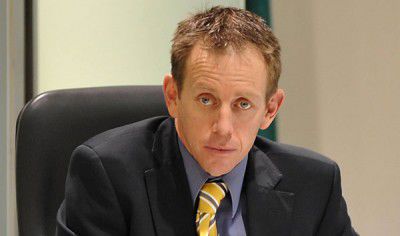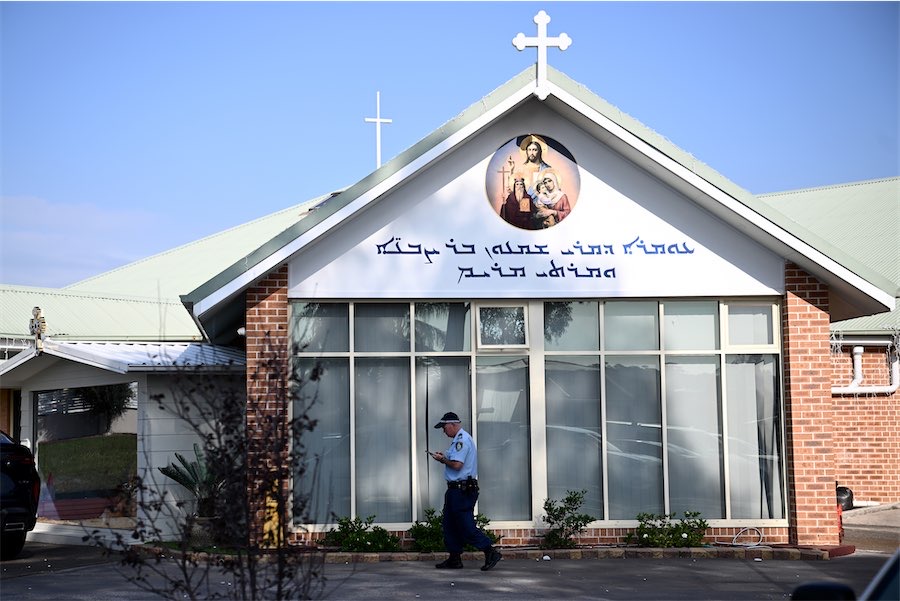THE increasingly popular concept of the “age-friendly city” came to the University of Canberra today along with the man who pioneered the term, Dr Alexandre Kalache.
World experts in the planning of age-friendly cities and communities along with over 200 delegates came to the university to exchange ideas and discuss the lifestyle needs of older Australians now and into the future at the Australian Age-Friendly Cities and Communities Conference.

In his role at the WHO, Dr Kalache championed the idea of “active ageing” in the face of ageing populations in most developed nations, and established the Global Network of Age-Friendly Cities, particularly to encourage local, regional and municipal governments worldwide to think of policies to make it easier for people of all ages and abilities to participate fully in the community.
One of Dr Kalache’s central ideas is that if a city is “age-friendly”, then it is friendly to people of all ages and abilities. Canberra became a member of the network of age-friendly cities in 2010.
The ACT Minister for Ageing, Shane Rattenbury, opened the conference.
“The World Health Organization has for many years been calling on governments to optimise opportunities for health, participation and security, in order to enhance our quality of life as we age,” Mr Rattenbury said.
“It believes that making cities and communities age-friendly is one of the most effective local policy approaches for responding to demographic ageing; and that the physical and social environments are key determinants of whether people can remain healthy, independent and autonomous long into their old age.”
Minister Rattenbury said that a key challenge faced by all governments is in catering for the changing needs of our older population and in creating accessible and inclusive environments that value older people.
“This conference was planned as a way of assisting communication between fellow Australian members of the World Health Organization’s Global Network of Age-friendly Cities and Communities, and between all organisations that are interested in improving the age-friendliness of their communities.
“I see this conference as a catalyst for future networking and collaboration, and hope that all delegates can work towards this goal to establish an Australian Age-Friendly Cities and Communities network that will serve and benefit all Australians.”
Dr Kalache is currently a senior policy advisor on Global Ageing at the New York Academy of Medicine, and the President of the Brazilian International Longevity Centre.
He was followed by a keynote from Paul McGarry, manager of an initiative of Manchester City Council in the UK called “Valuing Older People”.
More information on the conference including a live stream and speakers’ abstracts is available here.
Who can be trusted?
In a world of spin and confusion, there’s never been a more important time to support independent journalism in Canberra.
If you trust our work online and want to enforce the power of independent voices, I invite you to make a small contribution.
Every dollar of support is invested back into our journalism to help keep citynews.com.au strong and free.
Thank you,
Ian Meikle, editor




Leave a Reply